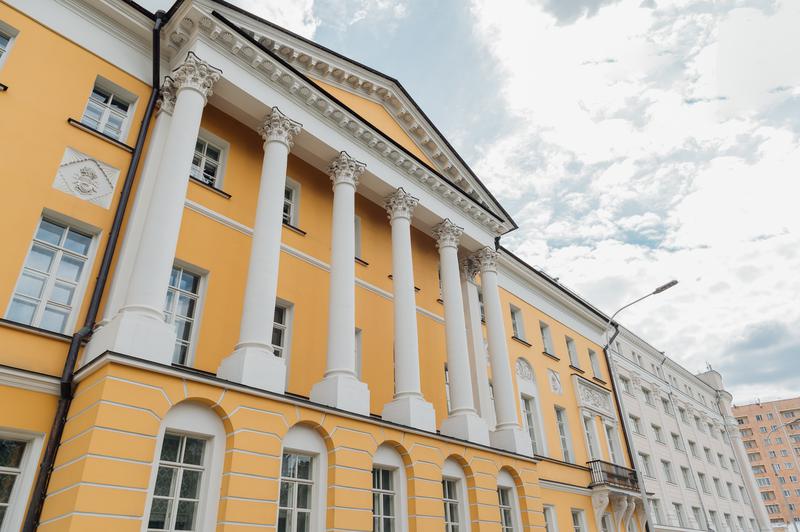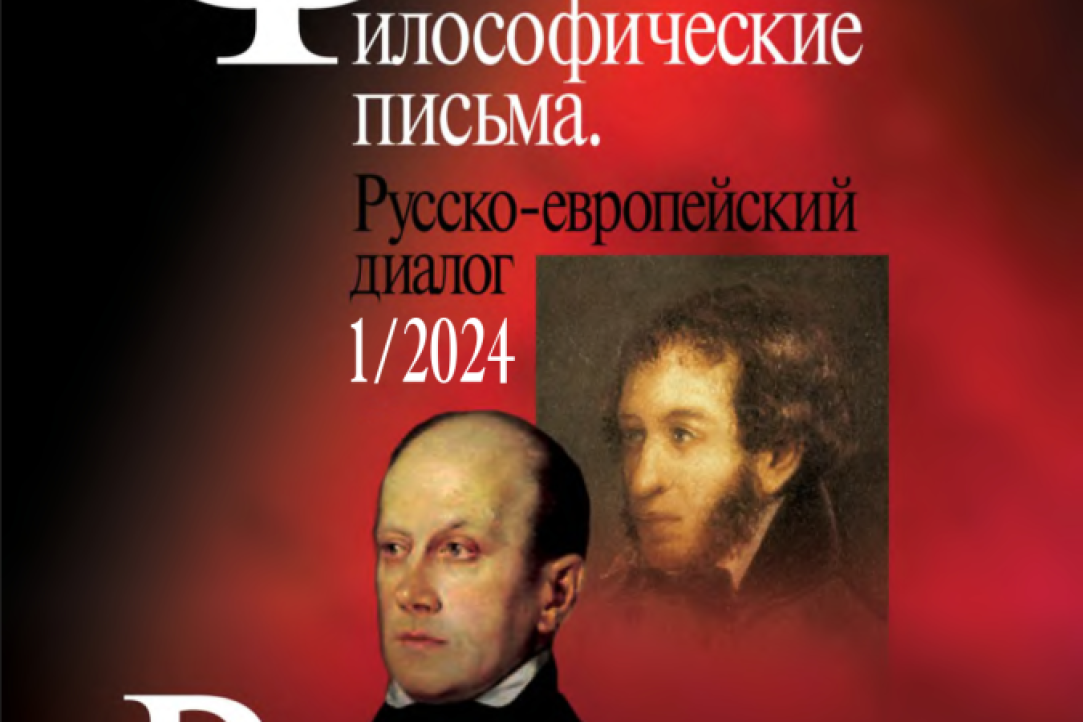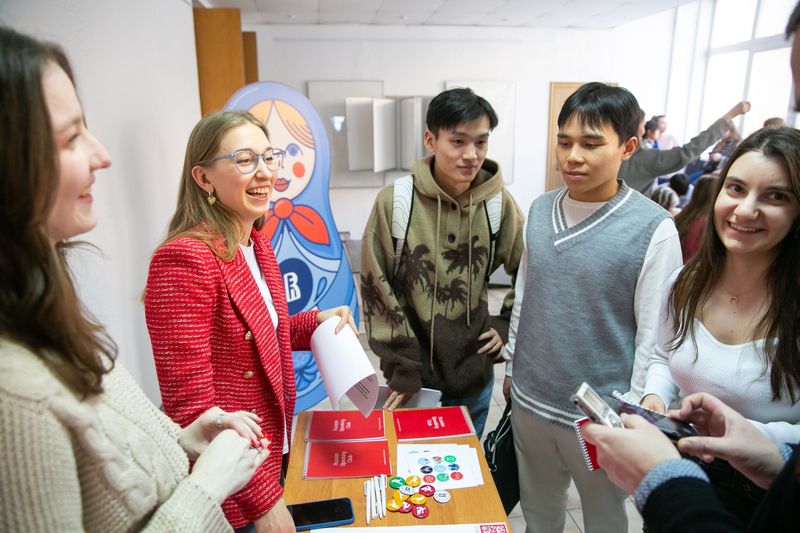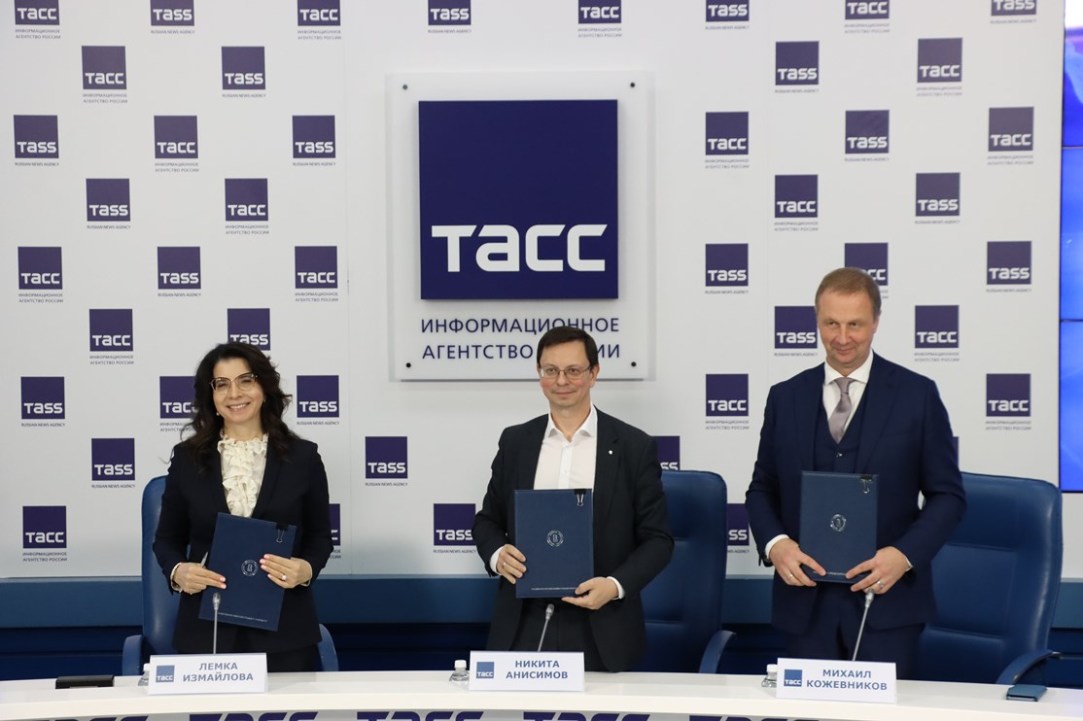HSE University has signed a memorandum of understanding with India's leading university, Jawaharlal Nehru University (JNU), New Delhi. All HSE campuses will participate in the collaboration. Under the memorandum, the two universities will share teaching experience, conduct joint research, and organise short-term academic and cultural exchange programmes.


.jpg)







.jpg)





